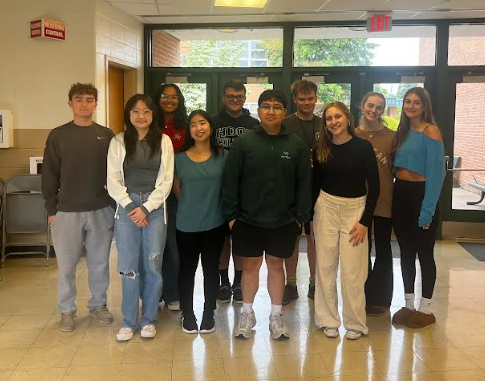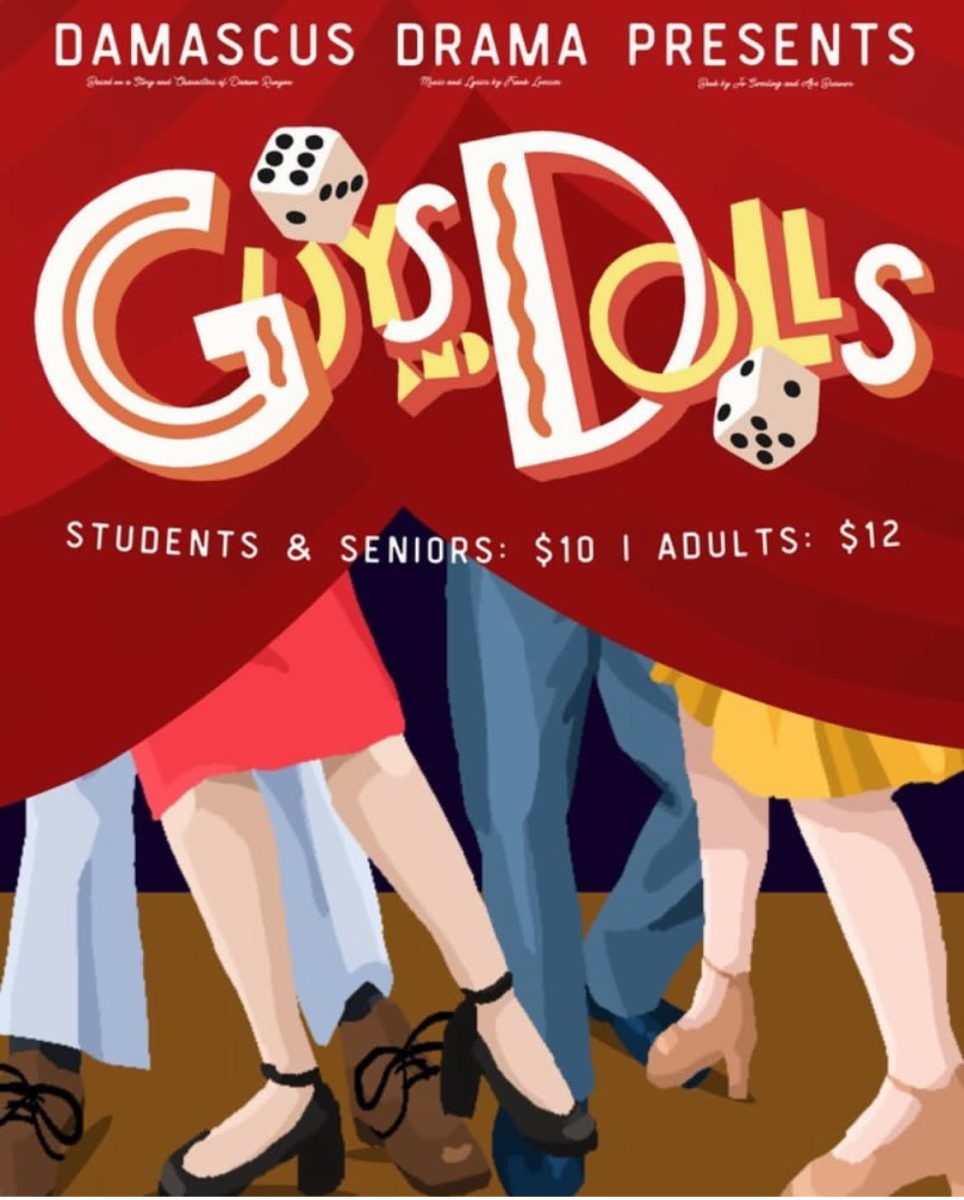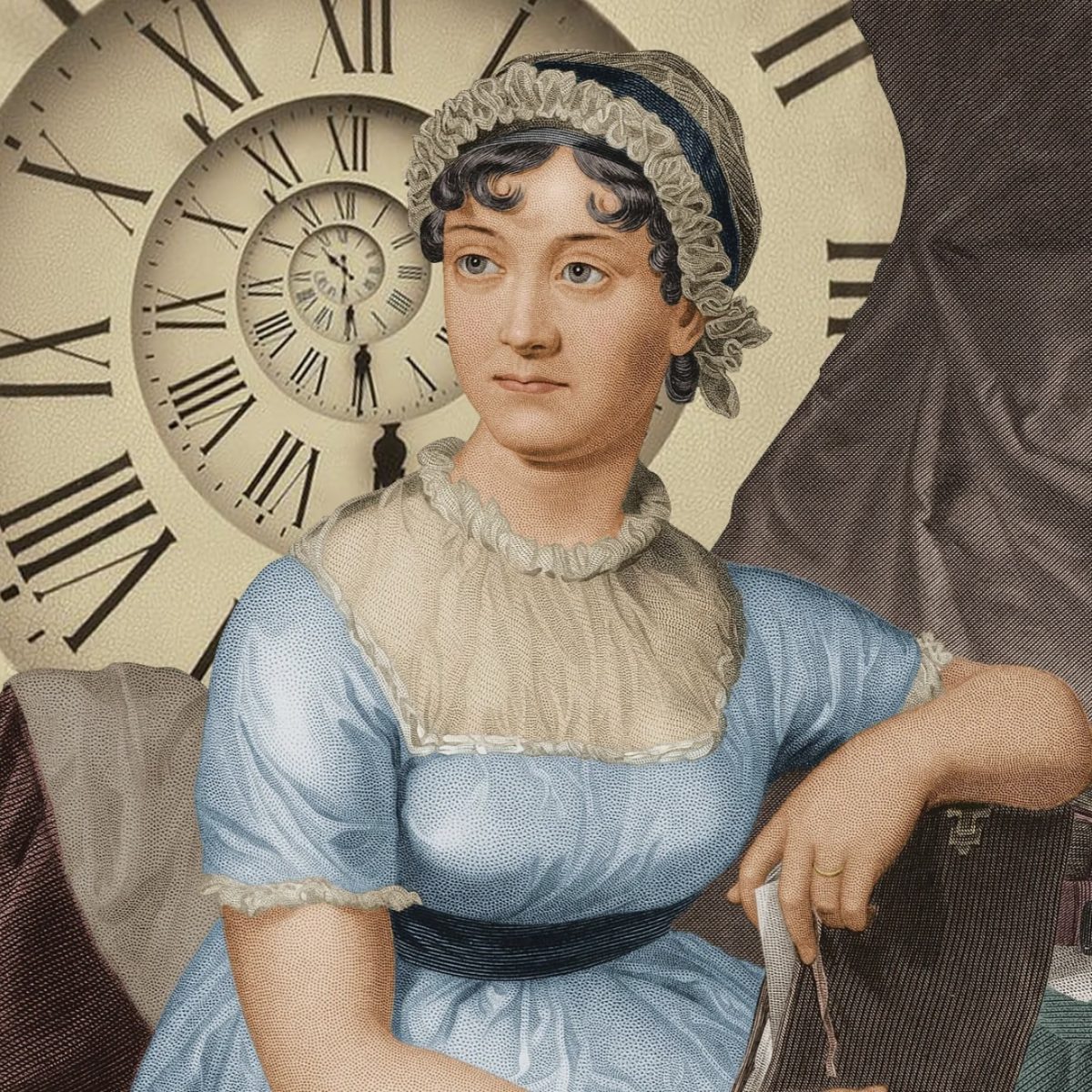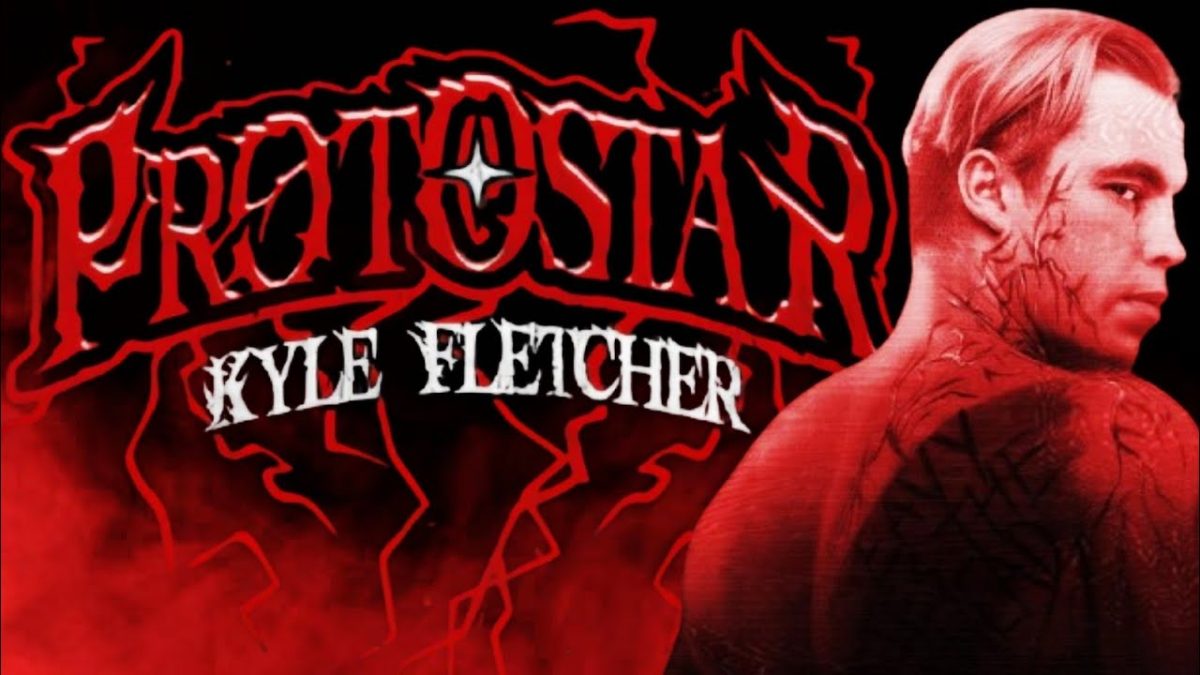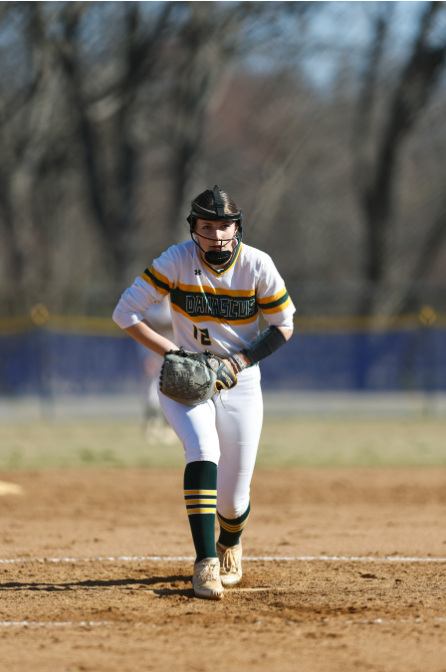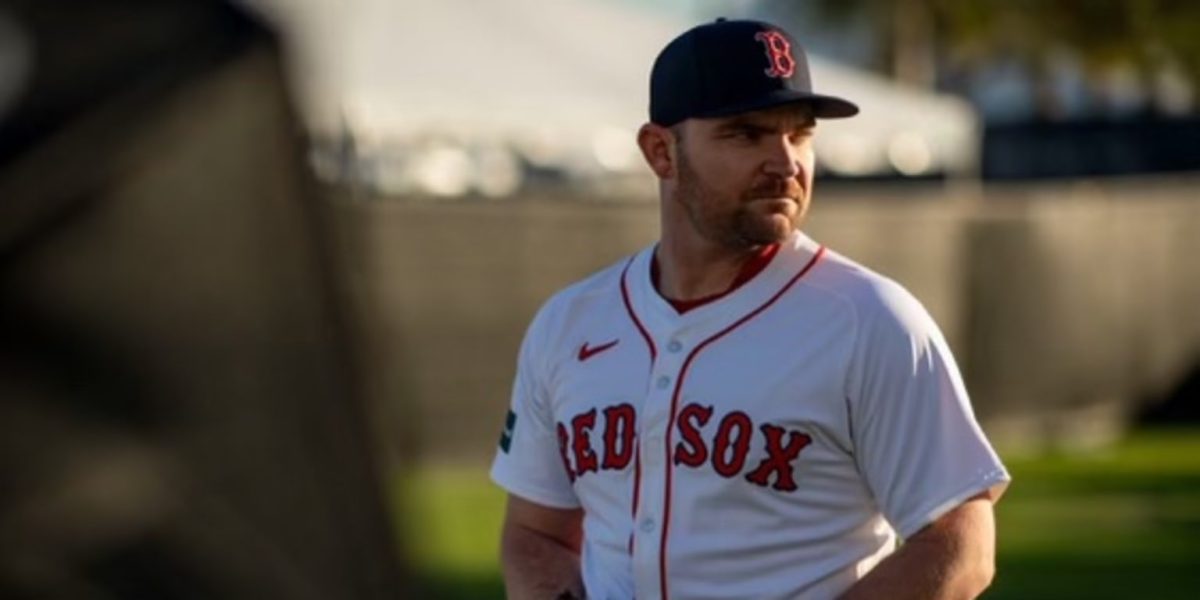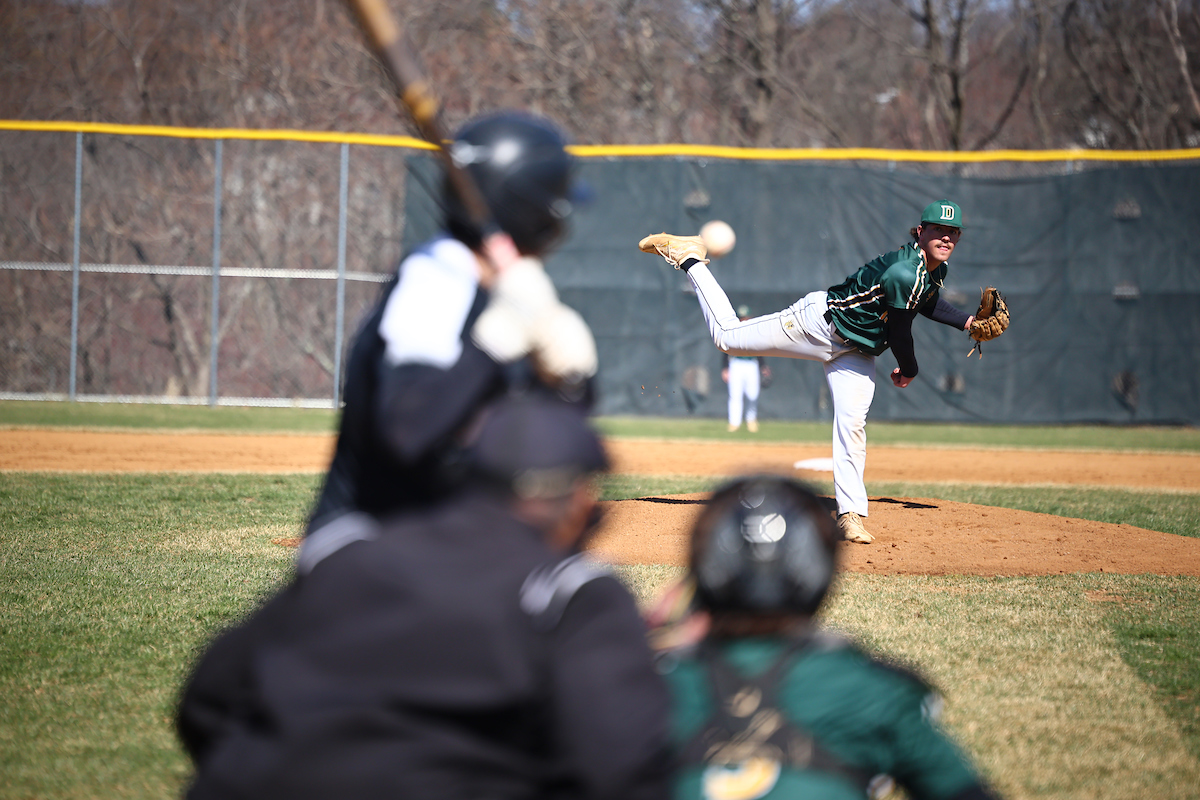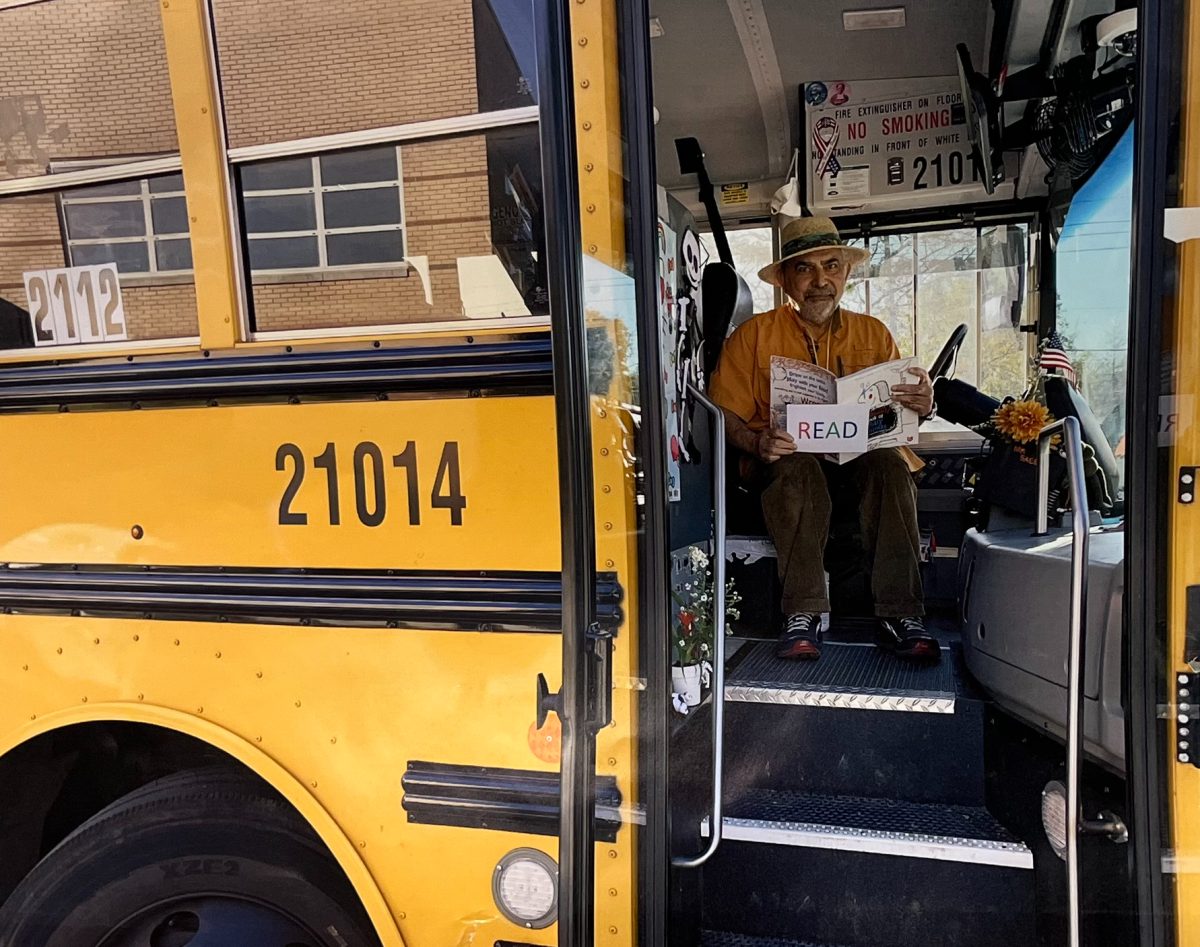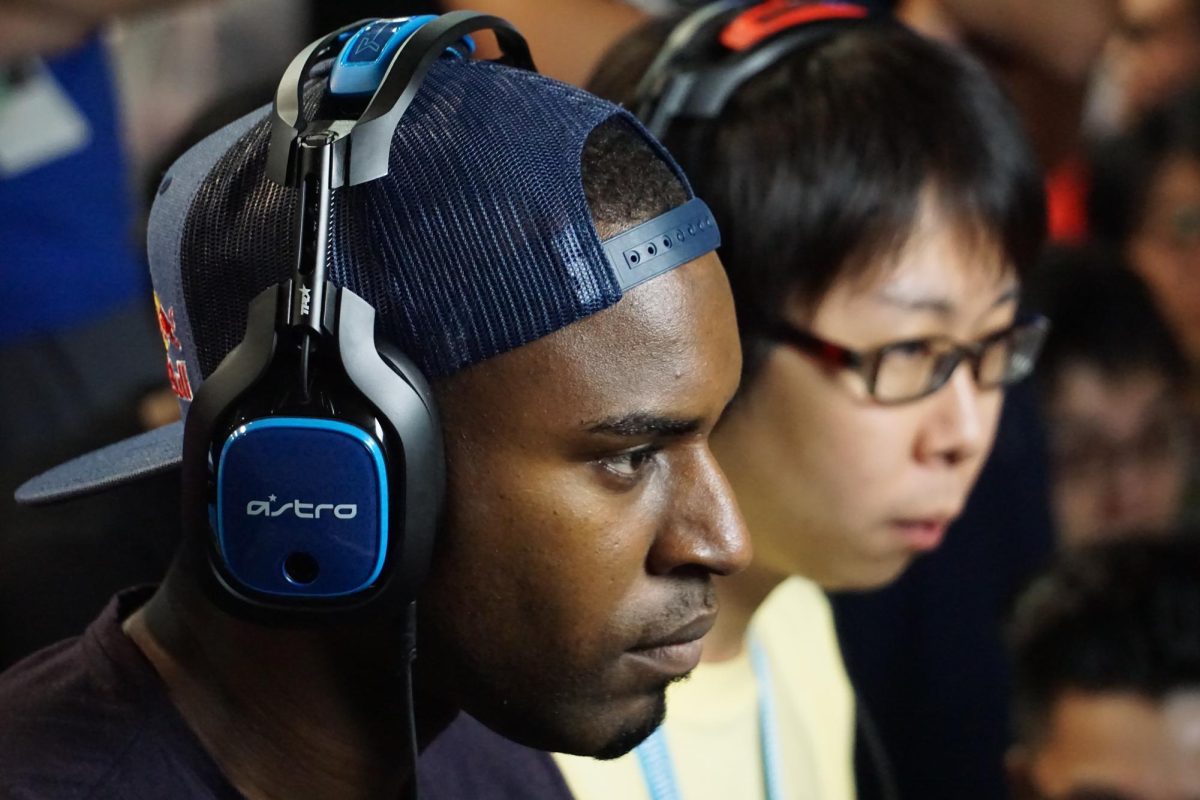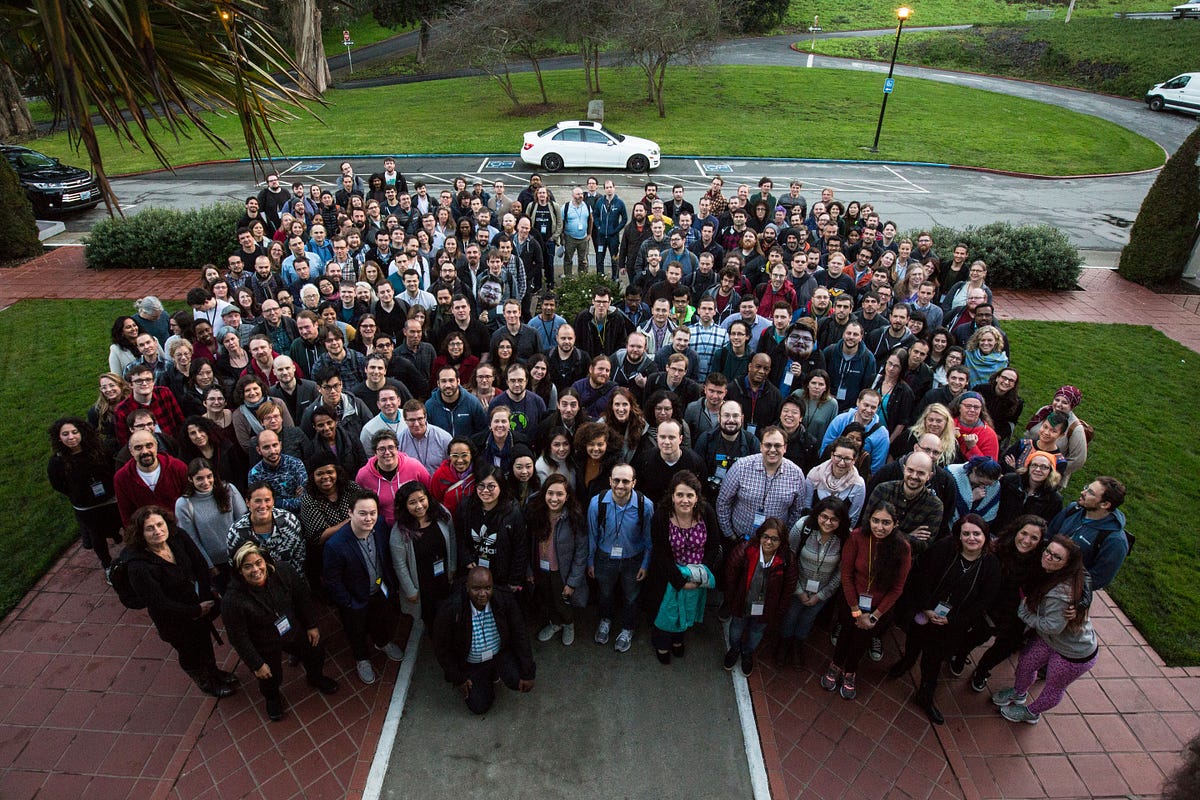The Film Defining Gen Z: “The Fallout”

Clear Horizon/SSS Entertainment
Main characters Vada and Mia try to relax in comfortable silence, creating a relatable scene.
February 15, 2022
In TV and film, we often see our trauma turned into plotlines, but rarely do we ever see the realistic aftermath and coping of those traumatic events. In Megan Park’s debut feature film, “The Fallout”, Jenna Ortega and Maddie Zeigler deliver raw performances that accurately portray the struggles, emotions and reactions of Gen Z teenagers.
At the beginning of the movie, 16-year-old Vada starts her day jamming to music, care-free in the car with her best friend. Although they are late to first period, they include a scene of an elaborate Starbucks drive-thru order. This scene probably felt unnecessary to some, but to me, that scene felt very real, something my age group could say, “oh I’ve definitely done that before.” Later in the day Vada is in the bathroom and finds Mia, the school’s “influencer,” re-applying makeup. The two are not really friends, but when a gunshot goes off in the hallway, the look on each other’s faces will forever be frozen in their memory.
The shooting itself is only a few scenes at the start of the film, while the rest of the movie unpacks how Vada copes with the tragedy. It’s hard for Vada to open up to her helicopter Mom who is shaken up as well, or her prying younger sister. I liked Aurora Amidon’s take on Film School Rejects, that Vada is “sandwiched between two generations who cannot quite comprehend her own generation’s pain.” The parents attempt to fix Vada, sending her to a therapist and convincing her to go back to school. There is even a scene where we see Vada on one side of the room staring off into space, while her sister Amelia is making a TikTok on the other side. Amelia does the TikTok over and over until she gets it right, with the familiar sounds of the countdown and dance music playing. It’s the little moments of relatability that add so much to this film.
Vada finds that the only people she can relate to are the people in her own generation. Mia and Vada develop a bond, spending time together almost daily. We see them try and process what they went through, something some teenagers today, unfortunately, can relate to: a school shooting.
Many times I’ll watch a movie that is supposed to represent a “Gen Z teenager” and wonder, did they even consult a teenager? The writing will embellish what the filmmaker thinks teen “slang” is, and instead, just produce unnatural and cringe-worthy dialogue. “The Fallout” was the complete opposite. The characters’ words and actions felt genuine to Gen Z. Although the film unpacks a very tragic event that happens all too often, it does so in a very realistic way. Showing the initial numbness, confusion on how to move forward, and questionable decisions we make in grief.
By the end of the film, Vada hasn’t necessarily healed because this film is about a problem that hasn’t been solved. I would highly recommend watching this film because you get to see the grief from a teenager’s point of view in a time where it is so important for our perspective to be in film.


